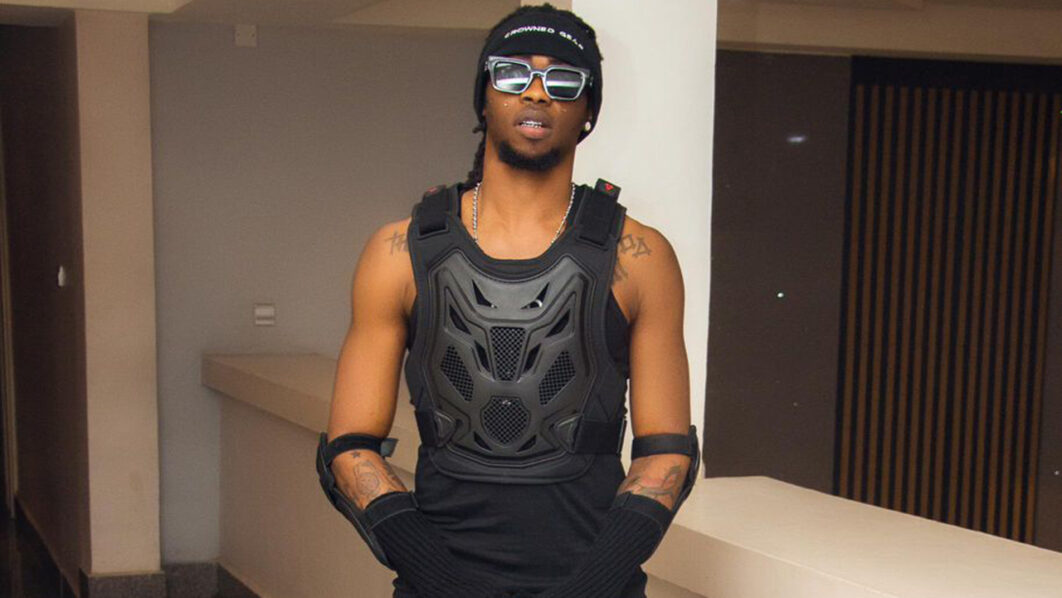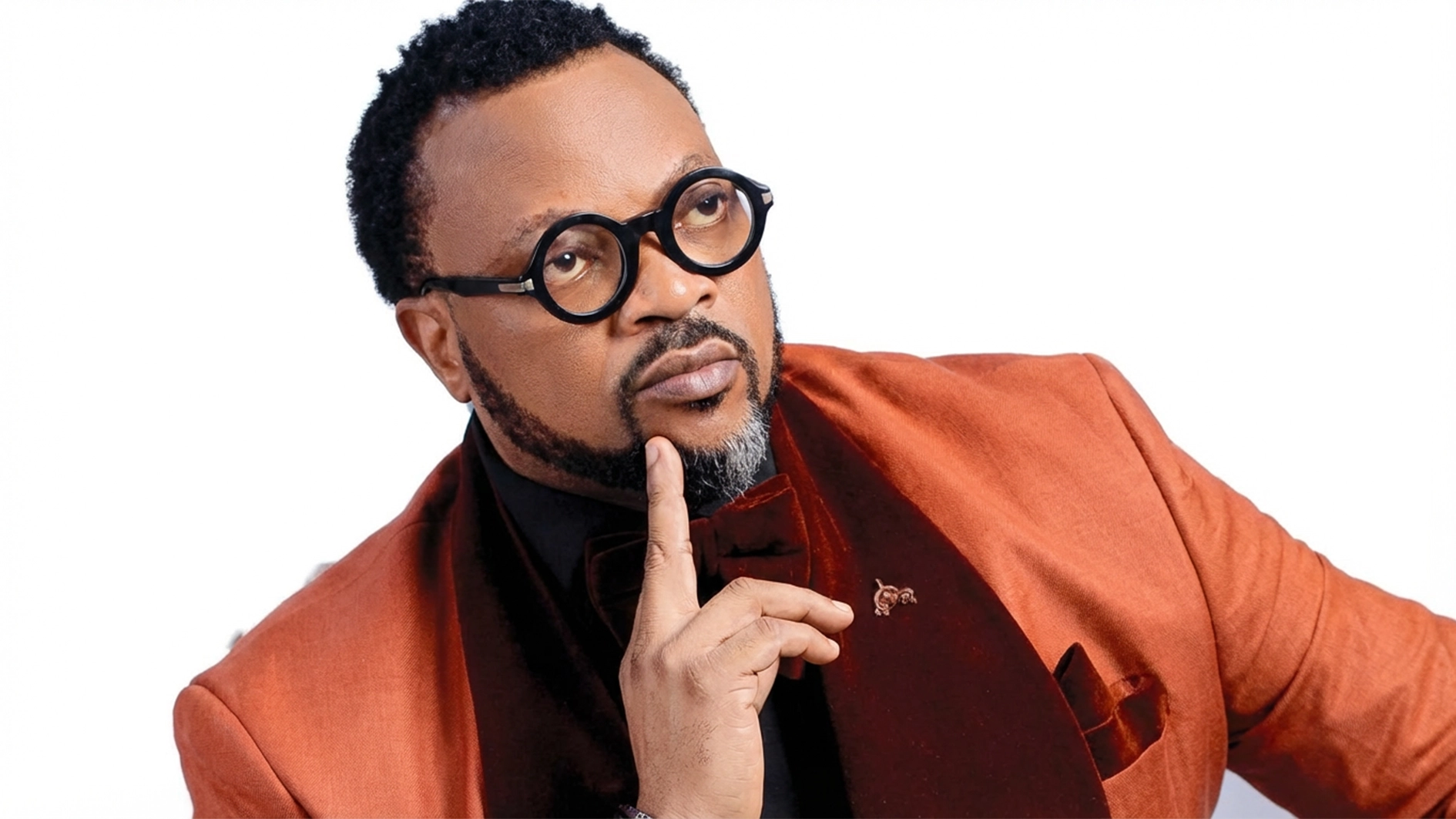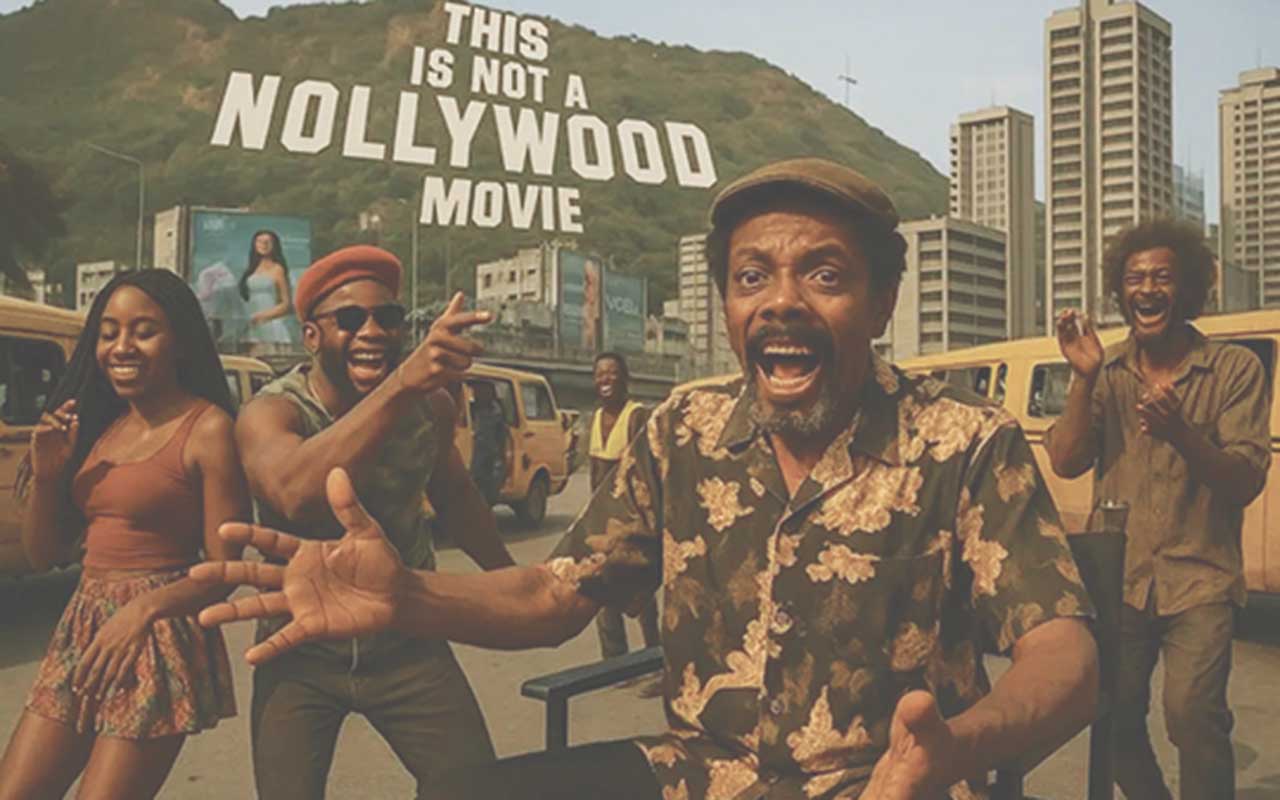
On the morning of Christmas Eve 2024, Nnamdi Azikiwe Stadium in Enugu bore the remnants of a night filled with energy and euphoria. The grounds were scattered with plastic soda bottles, discarded access tags, and other signs of a massive celebration. Hours earlier, the 30,000-capacity stadium had been transformed into a glowing sea of smartphone flashlights, as fans sang along to the lyrics of Jeriq, born Ani Jeremiah Chukwuebuka, who stood as the centerpiece of the grand spectacle, “Jeriqhood.”
Jeriqhood, a cultural phenomenon celebrating hip-hop and Igbo culture, has been a growing force since its inception in 2020. Over the years, the event has drawn massive crowds across southeastern cities like Aba, Owerri, Awka, and Jeriq’s strongholds, Onitsha and Enugu. In November 2023, Jeriq made headlines when he filled the 15,000-capacity Okpara Square in Enugu. Video footage from the night captured a swarm of fans exiting the venue, reminiscent of a locust migration.
In 2024, the rapper raised the bar with the release of his second studio album, King, which boldly declared his reign over the Igbo hip-hop scene. That same year, he sold out the 20,000-capacity Chuba Ikpeazu Stadium in Onitsha, his childhood neighborhood, which frequently features in his lyrics. Jeriq made history by becoming the first artist to sell out the trifecta of southeastern venues: Okpara Square, Nnamdi Azikiwe Stadium, and Chuba Ikpeazu Stadium.
These achievements spotlight southeastern Nigeria as a vibrant and untapped music market. In Enugu, often considered a cultural capital, Jeriq’s rise has reignited the city’s music scene. Known for producing powerhouse acts like MC Loph, Nigger Raw, Illbliss, Flavour, and Phyno, Enugu had seen its potential underutilized for years—until Jeriq illuminated its hidden treasures.
Jeriq’s 2024 album, King, was groundbreaking, featuring collaborations with top Nigerian artists. Tracks like Jehovah with Bella Shmurda became instant hits, while Fresh and Dope saw him go bar-to-bar with Blaqbonez. His mentor, Quincy, joined him on Update Ijikwa, a creative exploration of street hip-hop. Other notable collaborations included Knucks (Ogbe in London), Odumodublvck (Life I Chose), Ajebo Hustlers (Way), and the closing track, Daily Bread, featuring Victony. The album showcased Jeriq’s growth, both as a lyricist and an artist expanding beyond the Southeast to Lagos and the global stage.
The album’s success was foreshadowed by a listening party in September at Mark Swagz In the Yard, Cubana, Enugu, which drew massive crowds. Jeriqhood’s December event cemented his status as a cultural icon, with even legendary rapper Phyno passing the mantle. In a symbolic gesture, Phyno told a fan questioning the return of Phynofest: “There will be Jeriqhood.”
Jeriq’s ascent began with his 2020 Hood Boy Dreams EP, which captured the struggles and aspirations of his demographic. His debut album, Billion Dollar Dream, refined his sound with catchy hooks and punchlines that solidified his place as a cultural figure. Critics like 49th Street have hailed him as proof that Nigerian hip-hop is alive and thriving.
Jeriq’s style, rooted in street culture, has made Igbo trap a genre of its own. Artists like Aguero Banks are following in his footsteps, with projects like The Hero (Onyiko) gaining traction. As 2025 begins, Jeriq’s movement continues to grow, with his brand expanding beyond Nigeria.
With a charismatic persona, a loyal fanbase, and a dynamic approach to hip-hop, Jeriq has set the stage for limitless possibilities. The king of Igbo rap is just getting started, and the world is watching as his movement gets bigger and better.






